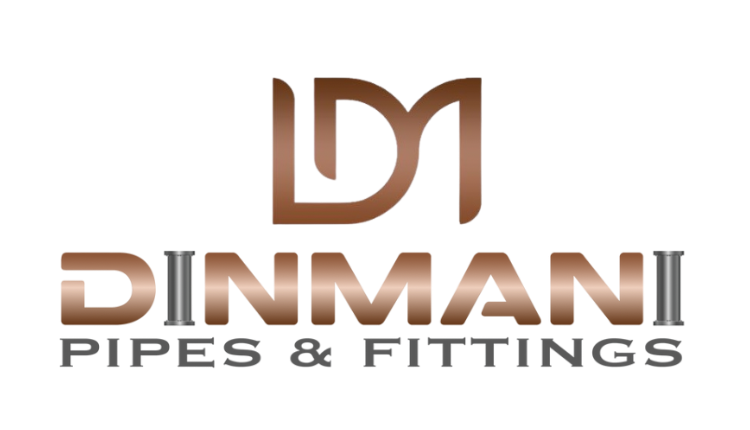Get A Quote
Get A Quote
+91

Home

Account

Get A Quote

About Us
Products
Materials
Contact Us
Connect with us
Get A Quote

Home

Account

Get A Quote

Stainless Steel 310S Cap Pipe Fittings comprise chromium, nickel, and other alloying elements such as Molybdenum, manganese and nitrogen. Chromium, this type of stainless steel's principal constituent, imparts superior corrosion resistance properties and better formability. Nickel also enhances durability and works with chromium to maintain higher oxidation resistance. Additionally, Molybdenum has been added to the alloy mix to increase overall strength and prevent embrittlement at higher temperatures. Together, these components result in a high-quality pipe fitting resistant to wear, tear, cracking and other damages. This makes them ideal for use in high-temperature or corrosive environments.
SS 310S Cap Pipe Fittings are an ideal choice for many uses due to their various properties. These fittings offer excellent corrosion resistance, high temperatures strength and oxidation resistance up to 1094 degrees Celsius. Its easy fabrication makes it a valuable material for industrial applications such as furnace parts and boiler components. These fittings are also highly resistant to scaling and can withstand various electrical currents depending on temperature, making them suitable for multiple industries' uses.
Stainless Steel 310S Cap Pipe Fittings comprise chromium, nickel, and other alloying elements such as Molybdenum, manganese and nitrogen. Chromium, this type of stainless steel's principal constituent, imparts superior corrosion resistance properties and better formability. Nickel also enhances durability and works with chromium to maintain higher oxidation resistance. Additionally, Molybdenum has been added to the alloy mix to increase overall strength and prevent embrittlement at higher temperatures. Together, these components result in a high-quality pipe fitting resistant to wear, tear, cracking and other damages. This makes them ideal for use in high-temperature or corrosive environments.
SS 310S Cap Pipe Fittings are an ideal choice for many uses due to their various properties. These fittings offer excellent corrosion resistance, high temperatures strength and oxidation resistance up to 1094 degrees Celsius. Its easy fabrication makes it a valuable material for industrial applications such as furnace parts and boiler components. These fittings are also highly resistant to scaling and can withstand various electrical currents depending on temperature, making them suitable for multiple industries' uses.































-1688635827661.webp)
No more suppliers available.
Website Banner